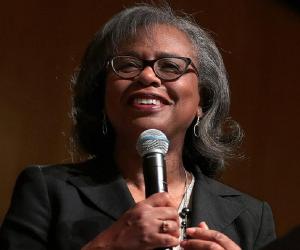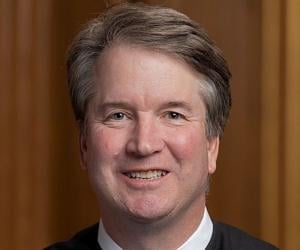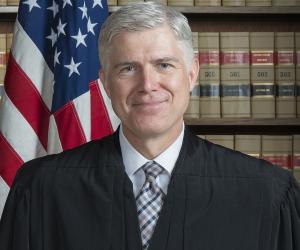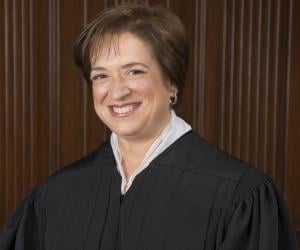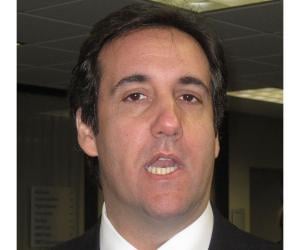Born In: Lone Tree, Oklahoma, United States
Anita Hill
Anita Hill is an American educator, author and activist. A lawyer by training, she led an ordinary life until she was called in to give testimony against U.S. Supreme Court nominee, Clarence Thomas, during the Senate confirmation hearings. Born into an African-American farming family, she worked for Thomas for two years, during which period he is said have harassed her sexually. She decided to talk about the sexual harassment when she found that he was being selected for the post of an Associate Supreme Court Justice simply on the strength of his good character. It was not an easy job and although her opening statement to the Senate Judiciary Committee is now listed as No. 69 in American Rhetoric's Top 100 Speeches of the 20th Century, she actually failed to stop him from taking the seat. On the other hand, her fight created awareness about sexual harassment at work place among general public, propelling her into spotlight.
